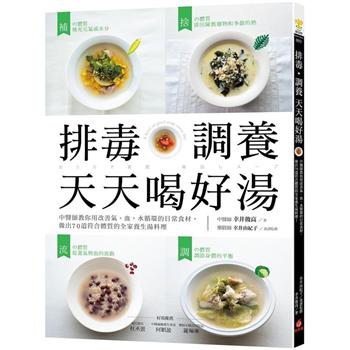Seed embodies life, power, and culture. From Africa’s deserts and drylands to its mighty river systems and tropical forests, from those growing a multiplicity of grains, legumes, and vegetables, to others struggling to produce enough to feed their families, seed provides the mainstay for the continent’s 500 million small-scale farmers and is at the heart of rich and varied cultures. But seed is under siege. As the world’s food and agricultural systems become increasingly industrialized, homogenized, and privatized, seed has become a poster child for the struggles involved and a symbol of the deep injustices that have emerged through years of colonization and exploitation. Access to seed and control over its ownership are at the core of the conflict. Africa’s seemingly ’unproductive’ lands are now viewed as the last frontier for agribusiness. Although increasingly under threat, little is documented about the resilience of local seed systems, and the innovative approaches adopted by small-scale farmers to retain agrobiodiversity, while pursuing agroecological approaches to farming that not only produce sufficient food but also eliminate harmful inputs. Western, scientific, and traditional knowledges are beginning to mingle in transformative ways, and inspiring pioneers are beginning to show that another way is possible. Social movements, long silent in Africa, are emerging as a powerful force for change, alongside the range of NGOs that provide support to farmers at different levels. This book aims not only to provide critical perspectives about the onslaught on seed and knowledge in sub-Saharan Africa, but also to demonstrate the viability and necessity of agroecological systems that are diverse, nutritious, and environmentally sustainable. Uniquely, the book offers a contribution that is enriched by the collaborative, creative, and critical voices of African farmers, activists, scientists, scholars, and policymakers. Their viewpoints combine in this volume to articulate a shared and dynamic vision of a world where agriculture is productive, diverse, and sustainable; where different ways of seeing and knowing are respected; and where seed and food systems are in the hands of farmers and local communities.












